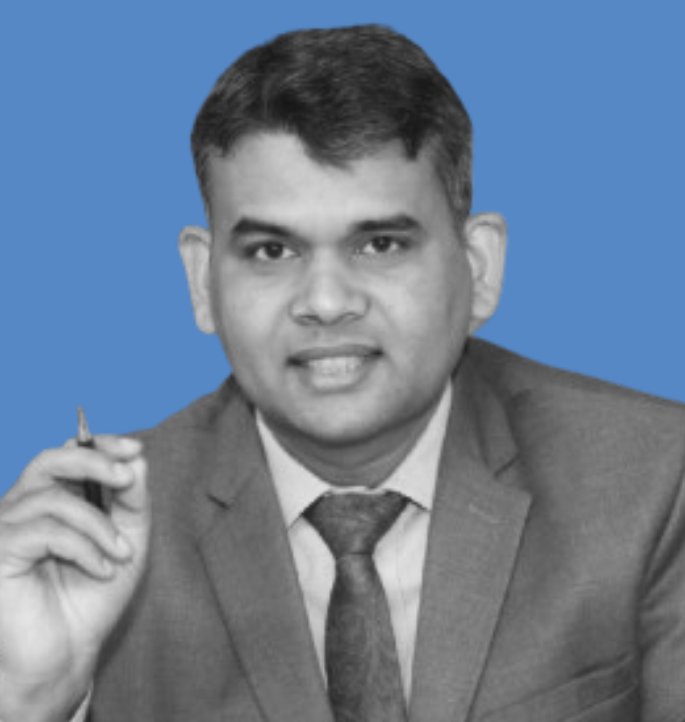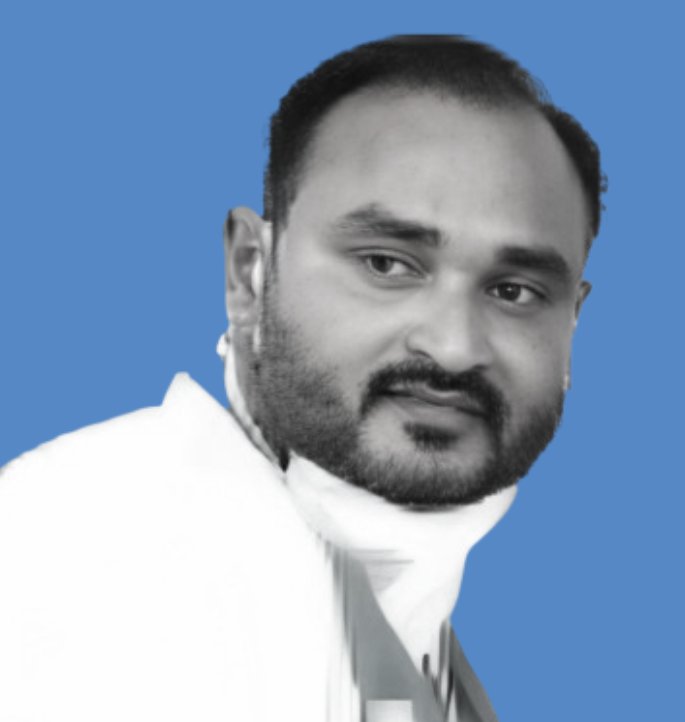MODULE 1 - FORENSIC MEDICINE AND COURT PROCEDURE
In this module, you will learn about the intersection between medicine and the legal system, medical ethics, jurisprudence, and historical perspectives. It begins with the legal system, exploring laws, juries, courts of law, offenses, and punishments. The legal procedures, including inquests, summonses, the conduct of money, oaths, and the acquisition and presentation of evidence, are discussed.
The role of witnesses and the recording of evidence through examination-in-chief, cross-examination, re-examination, and questions posed by the court are outlined. The module concludes with the know-how of the specific code of conduct expected from doctors when providing testimony in the witness box.
MODULE 2 - THANATOLOGY
This module covers the multifaceted domain of death investigation, historical evolution, various modes of death, stages of death (immediate, early, and late), moments of death and their significance, and the concept of suspended animation. The module also highlights the crucial aspect of determining the time since death and the complexities involved.
MODULE 3 - ASPHYXIAL DEATH
This module focuses on asphyxial deaths (caused due to lack of oxygen), their historical perspective, types of asphyxial deaths including hanging, strangulation, suffocation, and drowning, the characteristics and significance associated with each form of death, their forensic relevance, and how they contribute to the understanding of forensic pathology.
MODULE 4 - MEDICO-LEGAL AUTOPSY
In this module, you will learn about medico-legal autopsy, historical evolution, the purpose behind conducting such autopsies, distinguishing them from medical and clinical counterparts, the process for securing permission and meticulous preparation, integrating videography, systematic examination involving that of cloth belongings, external and internal examination of bodies, ancillary investigations, examination of weapons, and the handling of decomposed or mutilated bodies. The module also covers report and certification, night post-mortems, precautions, hazards, exhumation, and the role of the presence of artifacts.
MODULE 5 - PERSONAL IDENTIFICATION
This module focuses on historical aspects of body identification practices and meticulous examination of various characteristics, including race, religion, sex, age, stature, dactylography, footprints, prints, superimposition, odontological features, hair, and other relevant features. You will also gain insights about biometric methods of identification, DNA fingerprinting, and the role of photographs in the identification process.
MODULE 6 - INJURIES (WOUNDS)
In this module, you will learn about the classification of injuries like mechanical injuries (abrasions, contusions, lacerations, incised wounds, stab wounds, firearm wounds, fractures, and dislocations), thermal injuries (due to heat, burns, and scalds), injuries due to cold, and chemical injuries involving corrosive acids, poisonous gases, and corrosive alkalis.
There are several other types of injuries caused by electricity, including those from lightning, radiation, firearms, and explosions, as well as regional injuries concerning the head, neck, thorax, pelvis, genitalia, and bones. The module concludes with an exploration of fabricated injuries and those resulting from starvation.
MODULE 7 - SEXUAL OFFENCES
This module covers the concept of sexual offences, their historical evolution, and their classification, including natural offences (rape and incest), unnatural offences (sodomy, buccal coitus, bestiality, and tribadism), sexual perversions (sadism, masochism, necrophilia, fetishism, transvestism, exhibitionism, masturbation, voyeurism, frotteurism, trolism, and pyromania), and a comprehensive overview of indecent assault.
MODULE 8 - ASSISTED REPRODUCTION AND INFANT DEATH
This module focuses on reproductive and child-related issues, aspects such as sterility, artificial insemination, virginity, pregnancy and abortion, infant deaths including infanticide, foeticide, neonaticides, and tiucide, and the types of death, including stillbirth, dead birth, and live birth, along with the critical consideration of viability. The causes of death, the determination of fetal age, and the sensitive topic of child abuse are also meticulously explored.
MODULE 9 - EXAMINATION OF BODY FLUIDS
In this module, you will gain insights about the forensic significance of body fluids, historical evolution, various types of body fluids, and the intricacies involved in their collection, preservation, and packaging for forensic examination. The module also highlights the laboratory examination of body fluid evidence, the crucial role blood grouping plays in resolving disputes related to paternity, and the hazards associated with blood transfusions.
MODULE 10 - FORENSIC TOXICOLOGY
The module covers the introduction and historical perspective of forensic toxicology, its principles, the legal aspects of poisons, the classification of poisons, the mechanism of action of poisons (local, remote, or combined), factors influencing poison action, diverse types of poisoning, and the clinical features they manifest.
You will also learn about the duties of medical practitioners in cases of suspected poisoning, the diagnosis and management of poisoning in living individuals, medico-legal autopsy in poison cases, including appearances and medico-legal aspects, the process of handling visceral samples (collection, preservation, packaging, and dispatch), the significance of toxicological analytical techniques and addressing drugs of abuse, addiction, de-addiction, withdrawal, and recent trends and advancements in forensic toxicology.
MODULE 11 - POISONS
This module covers poisons in forensic toxicology and begins with an introduction and historical context. It covers types of poisons, including gases, volatile substances, including both organic and inorganic (Phosgene, Fluorocarbons, CN, Phosphine, Arsine, Stilbine, Carbonyl Chloride Isocyanide), and non-volatile substances, including organic (pesticides, acidic and alkaline substances) and inorganic (anions and cations), plant poisons, animal poisons, and miscellaneous toxins. General characteristics, principles, action of mechanisms, signs and symptoms, post-mortem appearances, and medico-legal significance for each poison will be covered.
MODULE 12 - FORENSIC PSYCHIATRY
In this module, you will learn about forensic psychiatry, its historical overview, common mental illnesses, the classification of forensic psychiatry according to both the World Health Organization (WHO) and the Diagnostic and Statistical Manual of Mental Disorders (DSM), the diagnostic process, and the difference between true and feigned mental illness.
You will also gain insights about the Indian Mental Health Act of 1987, particularly its implications for the admission, care, and discharge of mentally ill individuals, the civil and criminal responsibilities of mentally ill persons, and the restraint considerations of the mentally ill person.
MODULE 13 - MEDICAL JURISPRUDENCE I
This module covers the structure and functions of the Indian Medical Council and State Medical Council and their roles in disciplinary control, the rights, privileges, and duties of registered medical practitioners, including disciplinary proceedings and penal erasure, professional conduct, etiquette, and ethics in medical practice, and the basics of professional secrecy and privileged communication.
The module then explores different types of medical negligence, like civil and criminal negligence, patients' negligence, and contributory negligence, along with vicarious liability, res ipsa loquitur, and preventive measures in medical negligence. The concept of consent, including its types (informed, uninformed, implied, expressed, and others), scope, and reasons and rules for obtaining consent, are also covered.
Various acts like the Pre-Natal Diagnosis Technical Act, Human Organ Transplant Act 1994, Consumer Protection Act 1994, Medical Termination of Pregnancy Act 1971, Suppression of Immoral Trafficking Act, Workman’s Compensation Act, and other laws related to medical practice.
You will further explore the legal landscape through relevant sections of the IPC, CrPC, IEA, and various acts, including insights into courts and their power, evidence and recording of evidence, certification of birth, death, illness, and fitness, medical certificates highlighting the cause of death and related statistics, as well as the day-to-day medicolegal issues encountered in hospitals. The module concludes by highlighting recent laws applicable to medical professionals and the value of medical opinions in court.
MODULE 14 - MEDICAL JURISPRUDENCE II
This module covers legal procedures within the medical domain, including courtroom procedures, medical evidence, various certificates, medico-legal reports, dying depositions, and the responsibilities of doctors in the witness box. After this, you will learn about the regulatory framework that governs the medical profession, professional misconduct, the duties of physicians under various public health and medical acts, the liabilities of hospitals, nursing homes, and public dispensaries to patients, along with issues of privileges and confidentiality.
The physician's role in the witness box is explored, extending into the legal dimensions of medical practice in relation to insurance, family planning procedures, therapeutic trials, human experimentation, organ and tissue transplantation, euthanasia, and insights about landmark judgments from the Supreme Court and High Courts.
MODULE 15 - ASSIST OBSERVE
In this module, you will learn about various medico-legal responsibilities, including the preparation of accurate birth and death certificates, meticulous crafting of dying declarations, essential medico-legal duties in cases related to poisoning, the process of examining an alcohol-intoxicated person and report preparation, the examination and report writing process for victims and accused in sexual offence cases, injured patients, and victims of sexual assault. The module concludes with a comprehensive understanding for medical practitioners about the ethical and medico-legal issues in clinical practices.









